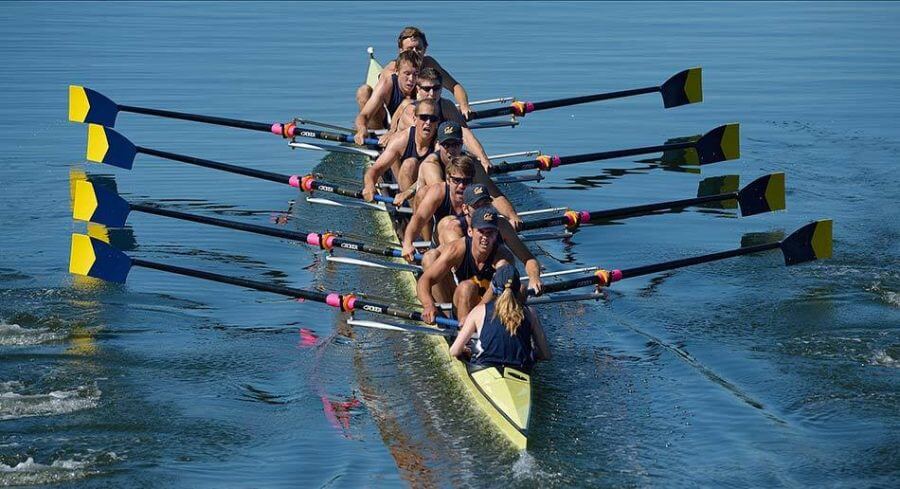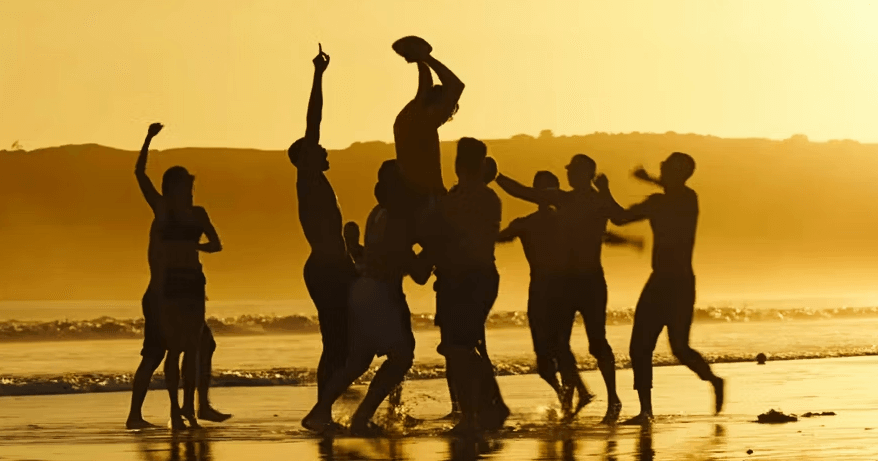Chemistry is a subject we take in school. Turns out for me that a college chemistry class I decided to take on a whim (French major) turned into something way more interesting and engaging than I had imagined. You get to stand at a counter and work with beakers, vials, and combine certain elements together so they smoke, fizzle, take on a rolling boil and explode. Hydrogen peroxide and potassium iodide, affectionately known as Elephant Toothpaste, shoots out a column of foam. The interaction is the key to chemistry.
When I think of Team Chemistry, a rowing team comes to mind. Watching this during the Olympics we see all the blades coming out of the water in unison. There is a precision where the hands must be at exactly the right height and every oar has to drop into the water at the exact same time.

Most importantly, everyone needs to pull with equal pressure. Pulling as hard as you can, without pulling together, actually slows the boat down. This imbalance veers the boat in one direction and throws off the timing. A great coxswain steers the boat with an easy hand as too much steering adds time. He/she focuses on the straightest path to hit the target and cross the finish line first.
This type of teamwork requires Task Chemistry. Each person in the boat has a role and responsibilities that they must do with excellence. They are world class. When each person carries out these responsibilities well, connection occurs because we can count on their contribution. They are pulling their weight. We are connected and committed to those who go the extra mile and delight us with their performance. When commitment occurs, this is when the magic fairy dust of Social Chemistry happens.
So, is chemistry something we should strive for? Absolutely. Because, “the function of team chemistry is to elevate performance,” says Joan Ryan in her book Intangibles. She goes on to say, “chemistry cannot manufacture talent, but it ignites the talent the team does have.” That’s why Tom Cruise took his team of Top Guns to the beach for a friendly, yet competitive game of football.

If you want the fairy dust of social chemistry, you have to get back in the boat together. Ryan goes on to say, “no team wins without task chemistry, but almost all championship teams also have social chemistry—bonding, trust and caring.” Social chemistry in today’s workplace is more elusive post pandemic. Team members want to work anytime—from anywhere. Leaders are feeling the stress and pressure of this evolution of the workplace. It will require crafty thinking when the boat looks like the tiles on a Zoom call.
Whether you are physically in the boat or virtually in the boat, creating team chemistry requires a mindset of desiring to be “in sync.” This desire must come from every team member. It’s this desire that sets teams apart. Here are a few ways to foster that desire:
- Start with talent—competence is the salt of task chemistry—everyone pulling their weight
- Focus on your purpose and clarify it often
- Have common goals, not selfish pursuits
- Create atmospheres that enable connection to build caring, trust and respect
- Make time for interaction, it is the key to chemistry
- Be committed to each other
Soar in your own performance; it ignites others to elevate theirs.
